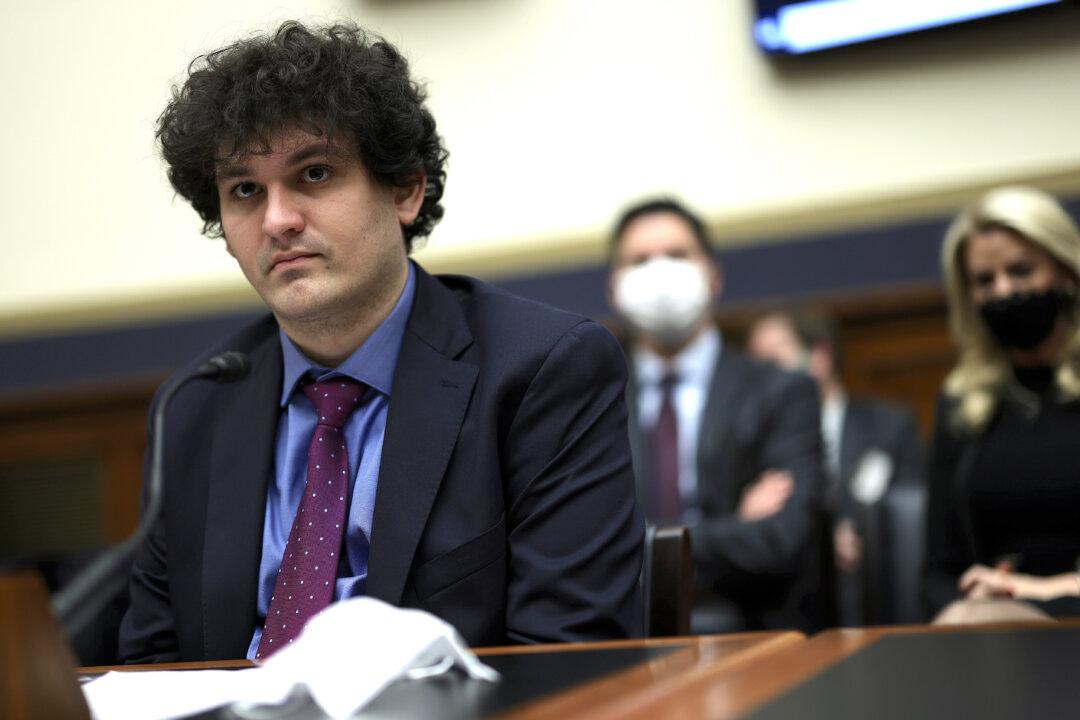At a Senate hearing Wednesday on the collapse of crypto platform FTX, expert testimony provided differing views on the loosely regulated crypto industry, with some arguing it poses big risks to customers and financial stability and must be more tightly controlled or banned outright, while others calling for a softer touch.
The Senate Committee on Banking, Housing and Urban Affairs kicked off its hearing on in Washington on Dec. 14, with the panel’s chair opening the discussion by addressing agencies in the United States and the Bahamas for their roles in arresting and charging FTX founder Sam Bankman-Fried.





